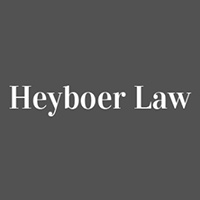Lexington DUI-DWI Lawyer, Michigan
Sponsored Law Firm
-
 x
x

Click For More Info:
-
Law Office of Mark S. Guralnick
55 Madison Avenue 4th Floor Morristown, NJ 07960» view mapCriminal Defense Law Dedicated. Fearless. Successful.
Mark S. Guralnick and his legal team have helped clients throughout the USA and across the world by applying unparalleled dedication and hard work to each case.
800-399-8371
Not enough matches for Lexington DUI-DWI lawyer.
Below are all Lexington Criminal lawyers.
David R. Heyboer
✓ VERIFIEDCriminal, DUI-DWI, Bankruptcy & Debt, Personal Injury, Real Estate
When you've been arrested and facing criminal charges, there can be serious consequences for you and your family. Don't face your criminal charges alo... (more)
Sharon Parrish
Motor Vehicle, Family Law, Criminal, Personal Injury
Status: In Good Standing Licensed: 51 Years
Daniel J. Kelly
Real Estate, Labor Law, Criminal, Business
Status: In Good Standing Licensed: 50 Years
David E. Kelley
Estate Planning, Estate, Family Law, Criminal
Status: In Good Standing Licensed: 15 Years
FREE CONSULTATION
CONTACT Mark Guralnick Morristown, NJ
Mark Guralnick Morristown, NJ AboutLaw Office of Mark S. Guralnick
AboutLaw Office of Mark S. Guralnick Practice AreasExpertise
Practice AreasExpertise

